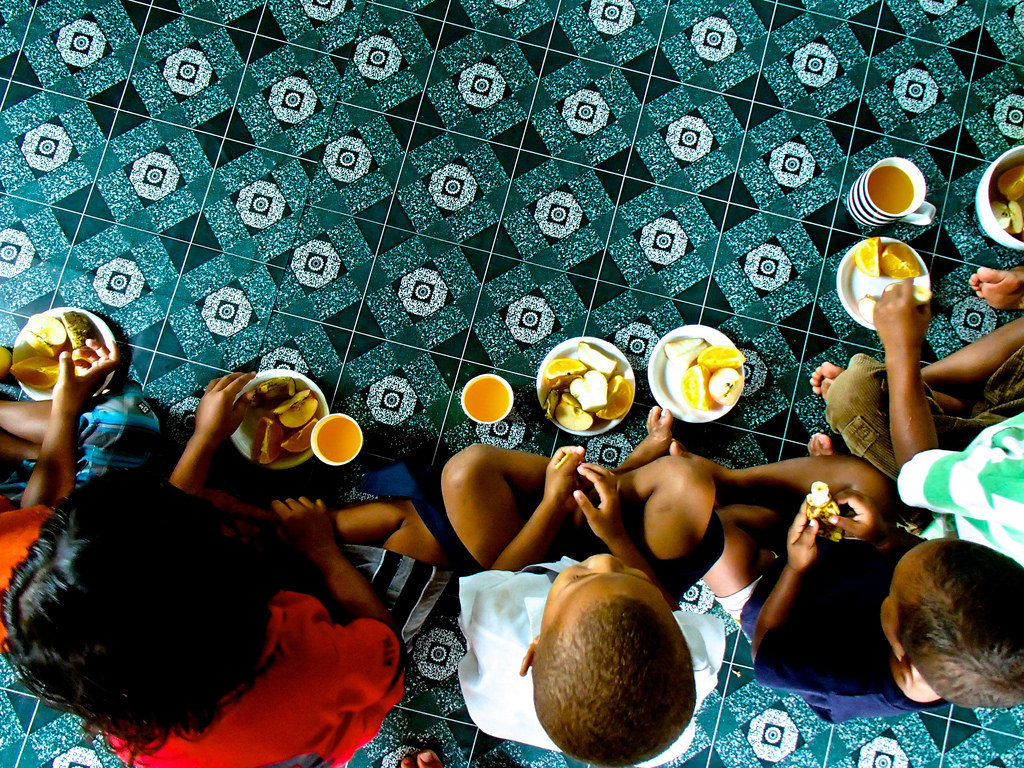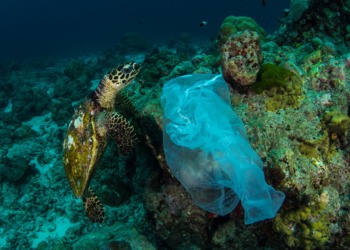From the Addis Ababa Third International Conference on Financing for Development to the UN General Assembly in New York, the post-2015 Sustainable Development goals take the form of a road paved with good intentions for the poor and hungry.
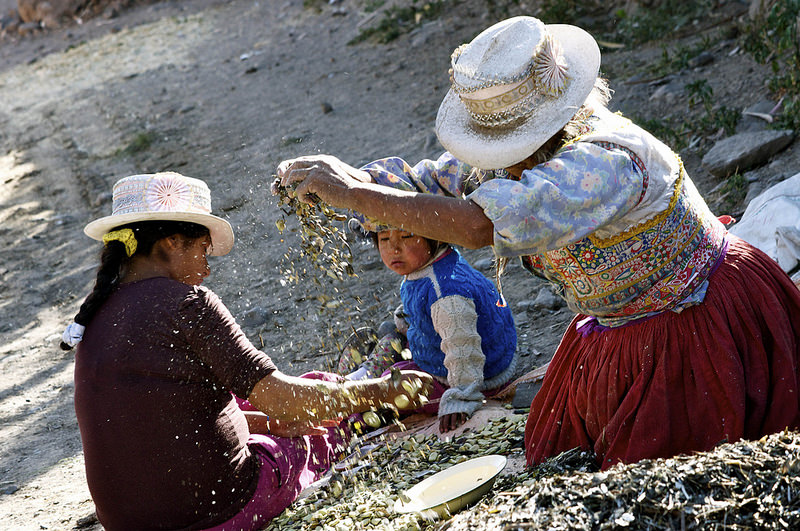
The Third International Conference on Financing for Development in Addis Ababa last week was a rare opportunity for high-level representatives from governments, civil society and the private sector to reflect on and debate the future architecture of development financing.
Our goal is to end poverty and hunger.
The timing of the conference was particularly important, coming just months before the next United Nations General Assembly when Member Nations are expected to endorse an ambitious new package of Sustainable Development Goals to be achieved by 2030.
Prior to the conference, the Food and Agriculture Organization of the United Nations (FAO) together with the International Fund for Agriculture Development (IFAD) and the World Food Programme (WFP) estimated the cost of eradicating hunger at approximately USD 267 billion of additional resources each year until 2030.
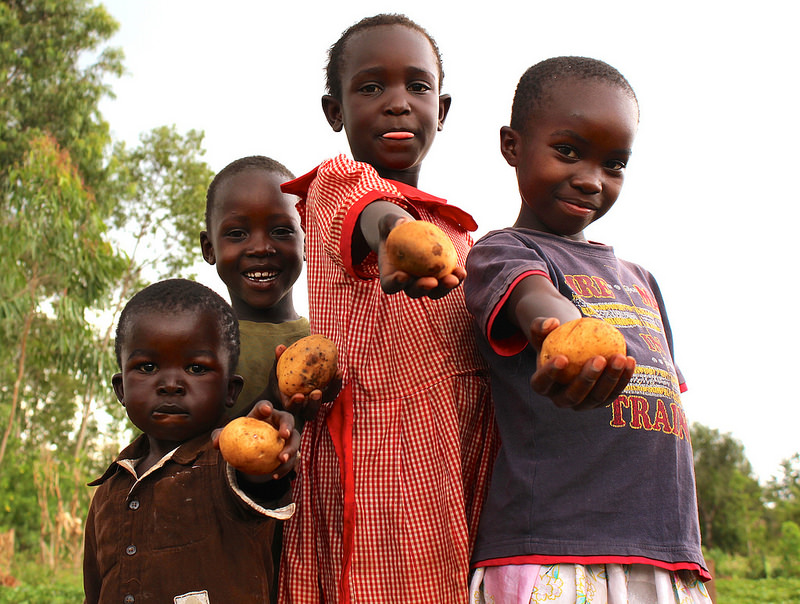
Despite the seemingly high cost, the reality is that the cost of inaction is far higher – some estimates put the annual cost of malnutrition to the global economy at several trillion dollars. Let me put this figure in a wider context; global annual military expenditure is an estimated USD 1.8 trillion, while within the OECD, almost USD 260 billion is spent per year on agricultural support in member countries.
Put another way, USD 267 billion corresponds to just 0.3 percent of world economic output. Is this really too high a price to pay to help almost 800 million hungry people?
Sustainably eradicating hunger through pro-poor investment, particularly in agriculture and in rural areas, makes good economic sense. Various studies have demonstrated that there is no other sector in which the returns on investment in terms of poverty alleviation and employment are more effective. No other sector has this power to lift people out of poverty.
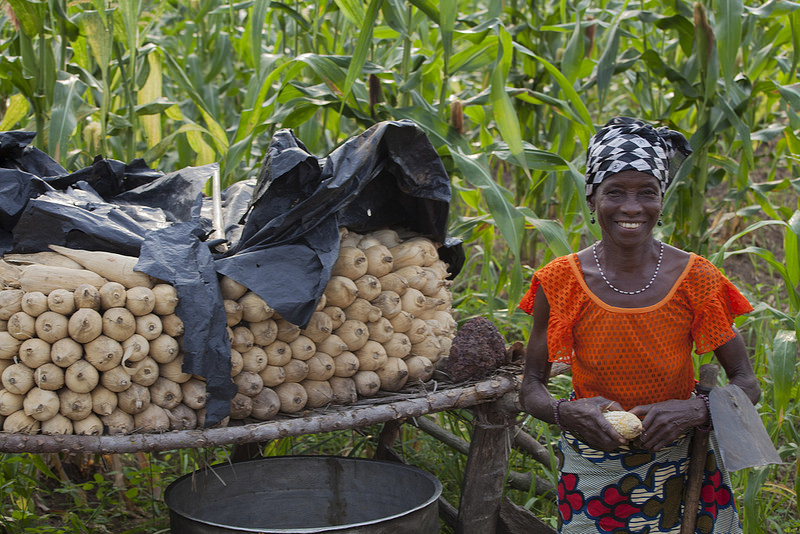
Over 70 percent of the poor live in rural areas and derive their livelihoods from agriculture, livestock, forestry or fisheries. A significant proportion of the poor are under- or unemployed young people, particularly in developing countries. Simply closing the gender gap in agriculture would reduce the number of hungry people by 12 to 17 percent. In other words, ensuring women have better access to land, inputs and training would mean that between 100 and 140 million people are no longer hungry.
Related Articles: NEPAL – REACHING HIGHER TOGETHER | SOUTH-SOUTH COOPERATION: THE PARTNERSHIP
USD 47 billion should be allocated to the financing of social protection programs, i.e. transfers of money to the people who live on less than $1.25 a day ( poverty line defined by the United Nations , Ed) so they have access to basic needs, especially in terms of food, health and education. And, in parallel, USD 80 billion investment should be allocated to the poorest to enable them to generate their own income and become independent. In both cases, the majority of funding must be directed to rural areas, nearly $85 billion in total, because you have to know that in Africa, 78% of the poor are in rural areas.
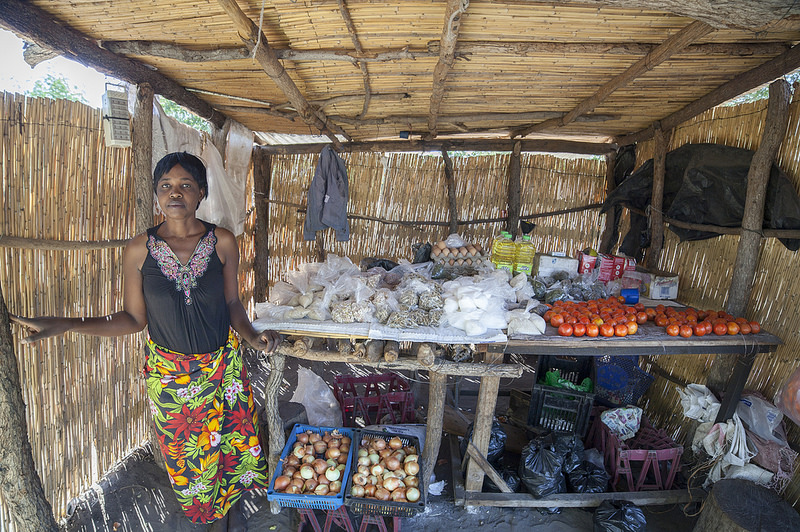
At FAO, we believe that eradicating hunger is possible. We believe that food systems and agriculture can be a source of wealth and well-being for all, especially the poorest. And we believe that all of this can be achieved during our life time. We can and we should be the “Zero Hunger generation”.
A hungry man is an angry man.
Eradicating hunger requires that we build on succesful local and international experiences. The starting point in eradicating hunger is breaking the cycle of poverty, hunger and low productivity in agriculture. The road ahead demands prudent investment in social protection to ensure the poor can access sufficient, nutritious food, which alone would facilitate the eradication of hunger even before 2030. At the same time, investment in agriculture and rural development is critical to ensure the eradication of hunger is sustainable.
We estimate that with an additional annual investment of USD 116 billion in social protections plus USD 151 billion in productive investments (USD 105 billion of which should be in agriculture and rural areas), the world will be sustainably free of hunger. This translates to an annual investment of approximately USD 160 per hungry person – the cost of a mobile phone or a sheep. The wealthier part of the world can easily afford this. Let us not lose this opportunity.
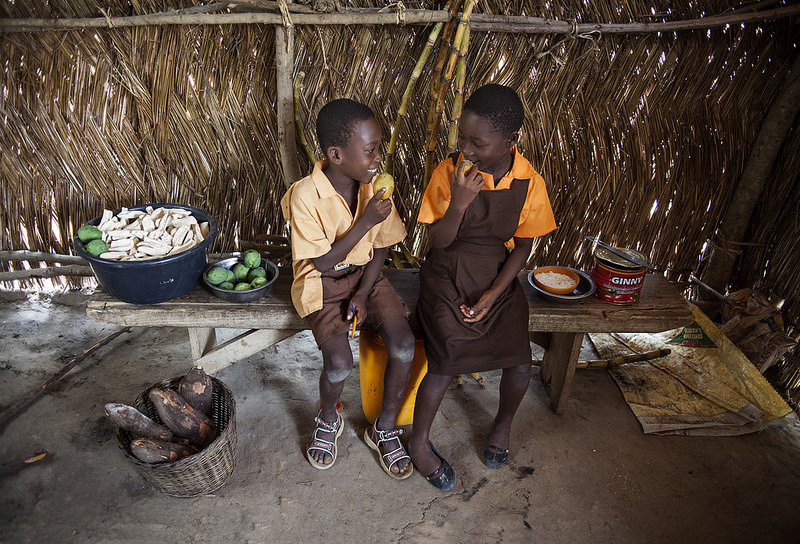
As the old adage goes, “A hungry man is an angry man”. Eradicating hunger is not only cost-effective, but also a vital investment in peace, security and sustainable development that benefits us all. A failure to make these additional investments will ultimately result in much higher costs for the global economy.
Zero hunger in the world is a global public good. And this is what the participants at the Addis Ababa conference wish to communicate – let history remember us as the “Zero Hunger generation”.
Editor’s Note: The opinions expressed here by the authors are their own, not those of Impakter.com — In the Featured Photo: A hard-earned snack. Featured Photo Credit: ©FAO/Mia Cusack.


